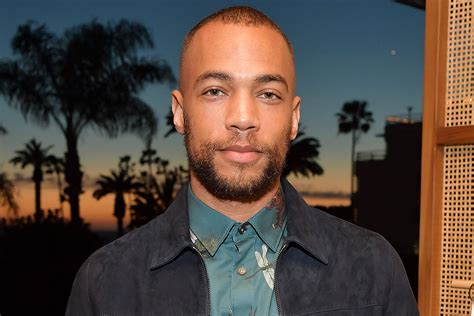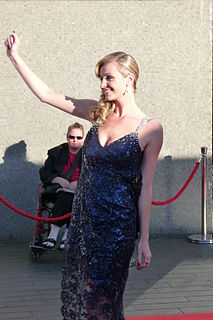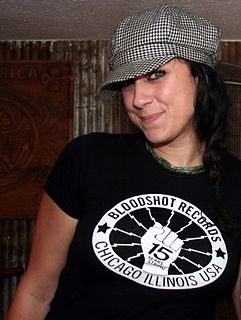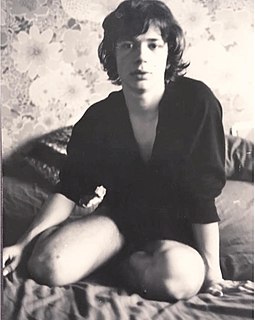A Quote by Alesha Dixon
Sadly, I've learnt that prejudice still exists in parts of the entertainment industry - I did an interview with a magazine once, and the journalist quite openly said they wouldn't put a black person on the front cover because the magazine wouldn't sell.
Related Quotes
One time I was doing an interview for a gay magazine and halfway through the journalist found out I wasn't gay. He said, 'Sorry, I can't continue the interview.' Because they only had gay public figures in their magazine. I felt so crestfallen. I wanted to tell him: but I play fundraisers for gay marriage! I'd rather my kids were gay than straight!'
In order for a person of color to get on a cover of a magazine, they have to do something prolific - winning an Oscar, being the first billionaire, you know, or whatever. I think it's becoming more natural that somebody can get on the cover of a magazine just because they're an amazing person. That's what it should be.
I set up this magazine called Student when I was 16, and I didn't do it to make money - I did it because I wanted to edit a magazine. There wasn't a national magazine run by students, for students. I didn't like the way I was being taught at school. I didn't like what was going on in the world, and I wanted to put it right.
Sven Schumann did an interview with photographer Wolfgang Tillmans in Berlin addressing the question: What is photography today when everyone is a photographer? These kinds of questions and answers you find in a magazine, on paper and not on Instagram. For me this is the essence of a magazine - it's questioning what's going on today and celebrating true creativity without compromise.


































